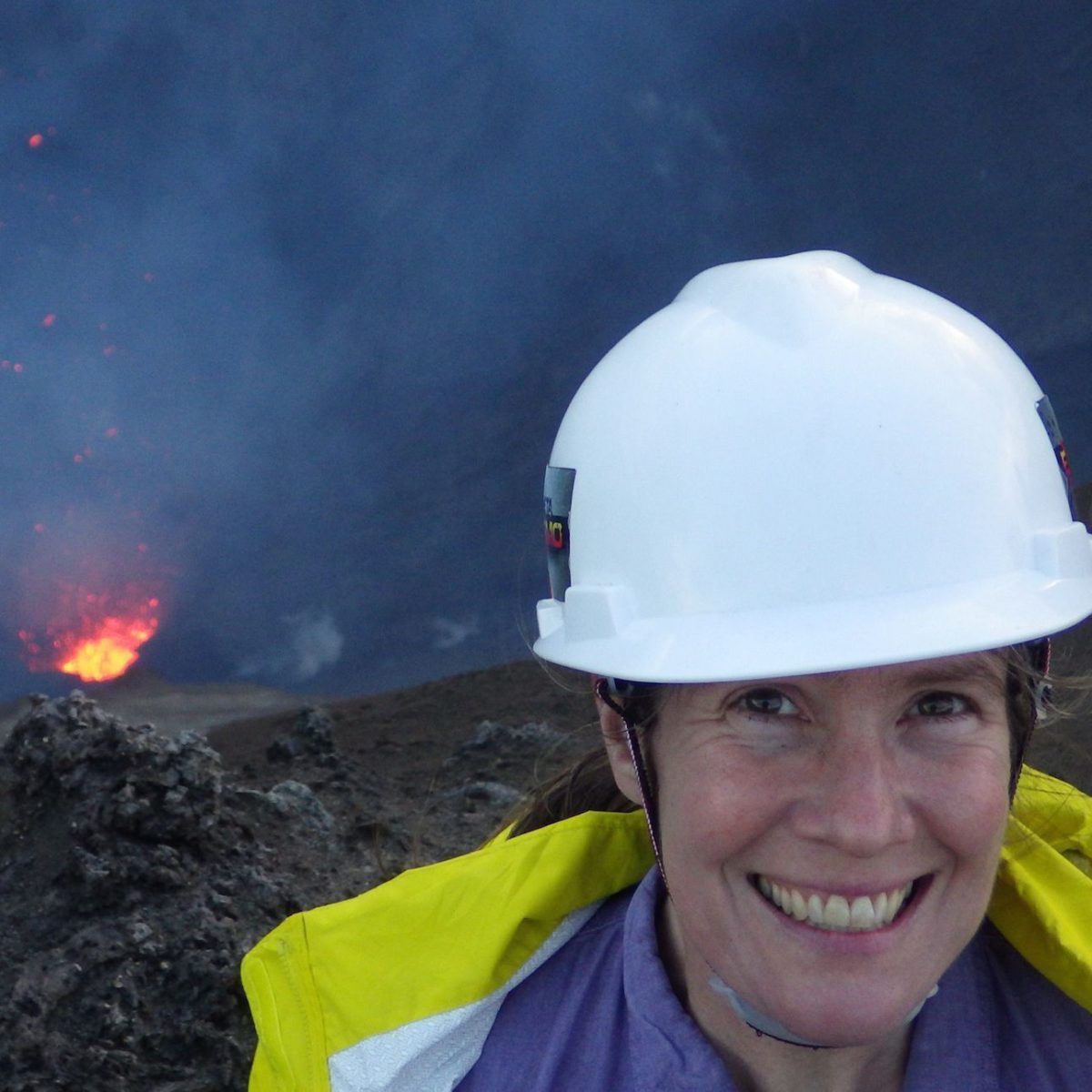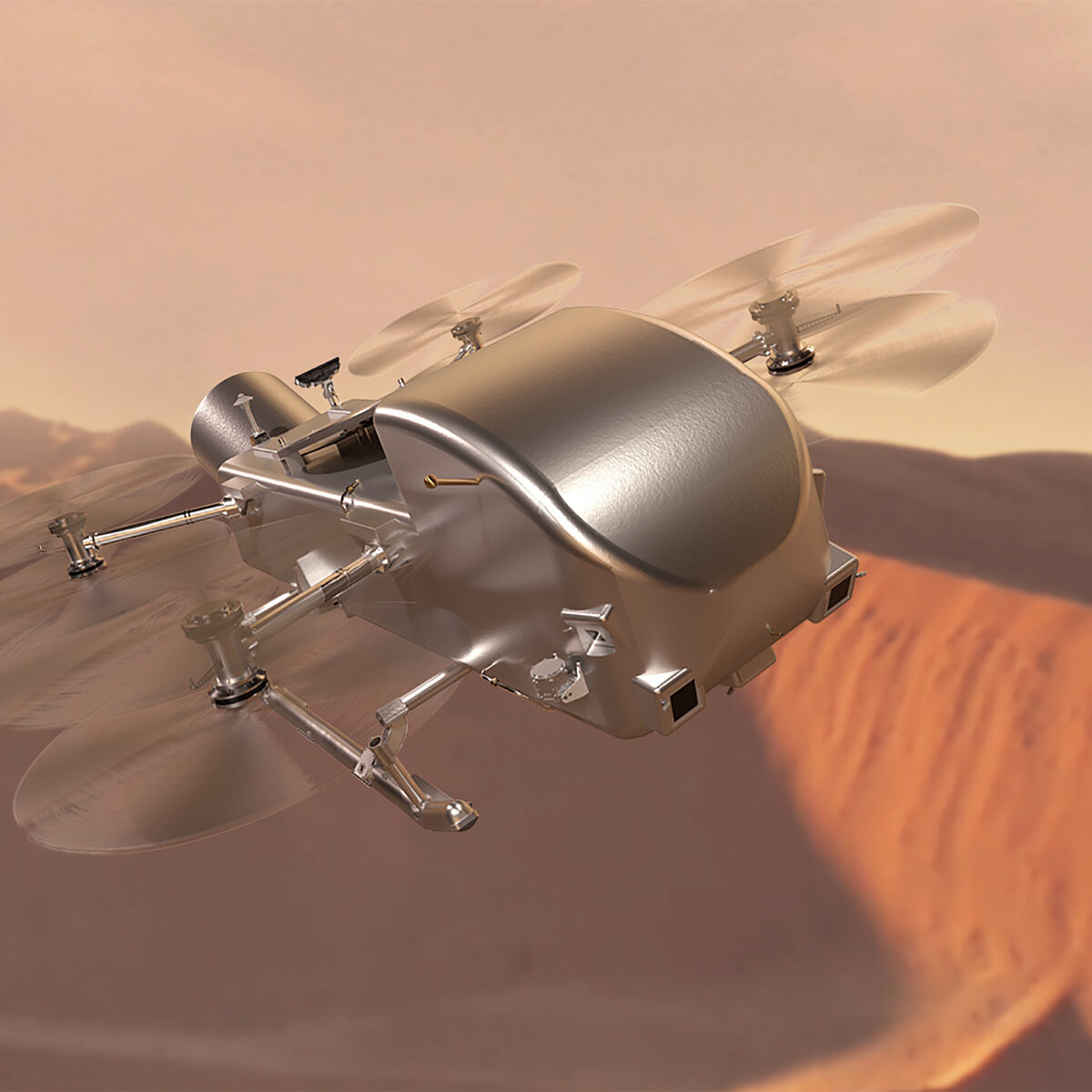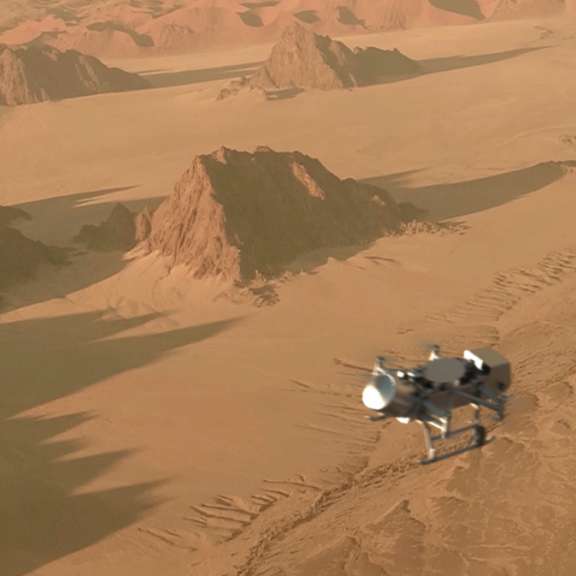
Elizabeth "Zibi" Turtle
Planetary Scientist at Johns Hopkins Applied Physics Lab and Dragonfly Principal Investigator
Elizabeth "Zibi" Turtle is a Planetary scientist at the Johns Hopkins Applied Physics Lab (APL). She earned her undergraduate degree in physics from the Massachusetts Institute of Technology in 1989. After earning her Ph.D. in planetary science from the University of Arizona in 1998, Turtle worked at the university in the Department of Planetary Sciences and at the Planetary Science Institute in Tucson, Arizona. She joined the Applied Physics Laboratory at Johns Hopkins University in Baltimore, Maryland in 2006.
Turtle was an associate of the imaging team on the Galileo mission and is currently an associate of the imaging and RADAR teams on the Cassini mission. She also serves as a co-investigator working with the camera on board the Lunar Reconnaissance Orbiter spacecraft. She has co-authored many scholarly articles about planetary impact features, surface processes, and planetary imaging and mapping.
Latest Articles
High-resolution orbital photography of the Apollo landing sites from NASA's Lunar Reconnaissance Orbiter camera.
The rest of Enceladus
Why Titan is so exciting
Latest Planetary Radio Appearances
NASA's Dragonfly mission to Saturn's moon Titan has been authorized to proceed with work on final mission design and fabrication. This week on Planetary Radio, we get an update on the mission's progress and new timeline.
NASA has given the go-ahead for Dragonfly, a flying rotorcraft that will explore Saturn’s mysterious moon Titan. Mission Principal Investigator Elizabeth “Zibi” Turtle helps us celebrate.
magine soaring over what may be the solar system’s most Earth-like world, if you ignore the chill. If funded, the nuclear electric-powered Dragonfly will do exactly this. Principal Investigator Elizabeth “Zibi” Turtle shares her enthusiasm.


 Explore Worlds
Explore Worlds Find Life
Find Life Defend Earth
Defend Earth






